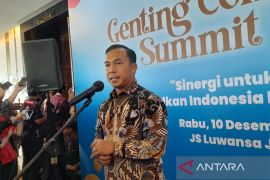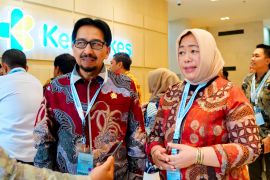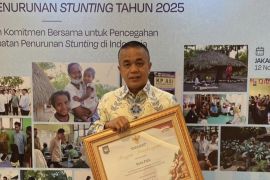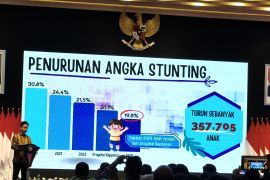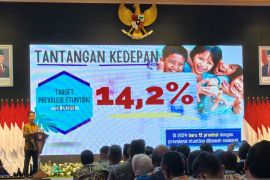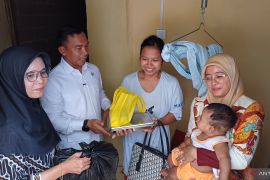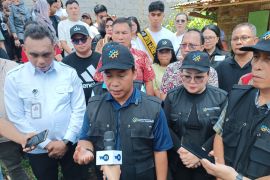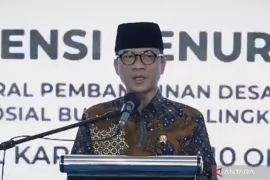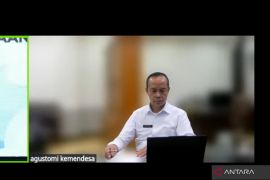"Surveillance of interventions for stunting is important because, after all, there are many sensitive and specific factors that we can find from surveillance," head of the BKKBN Hasto Wardoyo said during a seminar sharing the results of policy studies on the stunting reduction program, which was accessed from here on Thursday.
At present, surveillance to detect new cases of stunting still needs to be pursued further, he pointed out. In fact, through surveillance, the government can find out the leading causes of stunting in an area or the pattern of stunting down to the district and city levels.
The causes of stunting can range from diarrhea, which was discovered as one of its causes due to an unclean environment; lack of education about the dangers of early marriage before prospective couples get married; to the importance of taking iron tablets.
"Moreover, in Indonesia, in one year, almost two million couples are married. Of the two million marriages, 1.6 million people get pregnant within the same year, of which 400 thousand babies conceived can contribute to the stunting rate," he said.
Unfortunately, surveillance cannot be executed properly because of the disparity in the availability of medical human resources, especially in Maluku and Papua. This has affected the recording of data and the use of health applications such as Elsimil, e-PPGBM, SSGI, and PK-21.
Even though each application has functions that differ from the others, data from the apps can be integrated and is expected to greatly help in the resolution of stunting. However, in practice, this has led to a lack of case detection due to incomplete data recording.
"The uneven distribution of human resources and health needs to be re-coordinated with the relevant ministries and institutions because each data that should be recorded by name, by address can be useful in conducting further analysis or seeking appropriate recommendations to overcome stunting," he explained.
The government also needs to find new ways through a forum to reflect on previous policies so that each program being implemented this time provides the best results and is not just fixated on budget issues.
For Java Island, the government needs to devise a strategy with medical human resources to communicate with the community to bring about changes in the behavior and mindset of each family.
He said that everyone, either on the central or regional level, has been entrusted with a mandate by Vice President Ma'ruf Amin to collaborate for addressing stunting. He advised that stunting be not only discussed in seminars or webinars, but efforts to alleviate it be implemented at the grassroots level.
On Wednesday (December 7, 2022), the BKKBN coordinated with the TNI-AD to train personnel from the military security force at the village level to pursue sensitive interventions against stunting.
"I also expect that mutual cooperation between the team for the acceleration of stunting reduction (TPPS) and universities will really materialize because stunting and problems in the regions will also become teaching material for the academic community," he added.
Related news: Maternal, infant mortality rates indicators of national health: BKKBN
Related news: BKKBN, TNI-AD train village officers to help alleviate stunting cases
Related news: South Sulawesi distributes 225,000 eggs to tackle stunting
Translator: Hreeloita D S, Mecca Yumna
Editor: Azis Kurmala
Copyright © ANTARA 2022



